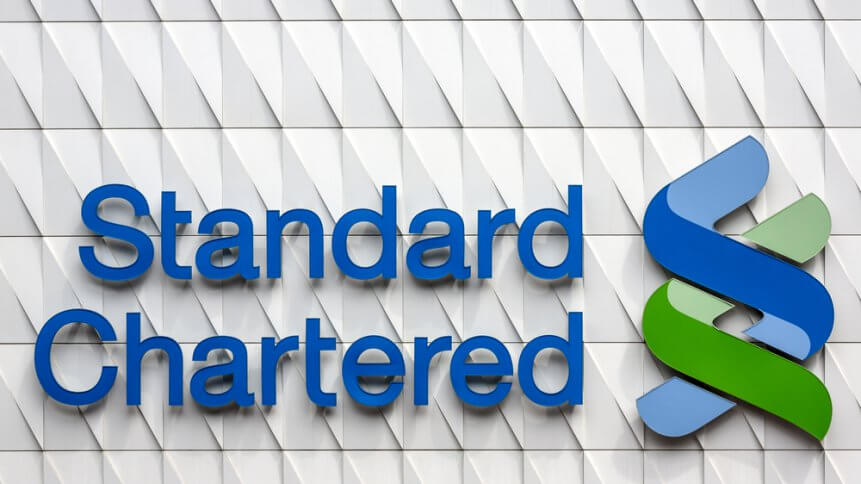Standard Chartered becomes cloud-first bank with Azure

- Legacy banks are enlisting cloud technology to strive in a digital-first era
- Neo-banks that are early adopters of the cloud are dominating the banking sector with seamless online banking
Standard Chartered Bank and Microsoft have unveiled a three-year strategic partnership that will see the London-based bank realize its vision of being a cloud-first organization. The partnership will see Microsoft Azure selected as a preferred cloud platform, and both companies will co-innovate in open banking and real-time payments, creating new banking experiences for clients.
Bhupendra Warathe, chief technology officer, cloud transformation at Standard Chartered, noted, “The pandemic has shone a spotlight on the need for businesses and banks to be resilient from a risk mitigation, cost, and security perspective.”
Warathe continued and described the rising trend of an always-on digital economy that had spurred the entire community of commercial and consumer clients to be on the look out for applications and services that enable them to access “online banking from anywhere, flexibly and efficiently.”
With the strong appeal of digital-first banking services and catalyzed by the coronavirus outbreak, banks and financial firms moving towards cloud-based solutions is a natural move.
As part of Standard Chartered’s digital transformation roadmap, the multinational bank aims to explore and develop new digital ventures such as virtual banking and banking-as-a-service. The company also plans to migrate its core banking and trading system to the cloud by 2025, subject to regulatory approvals.
Based on the official announcement, Standard Chartered will move its trade finance systems to Microsoft Azure, enabling seamless cross-border trade for the bank’s corporate and institutional clients. Microsoft’s software will also cater to the bank’s 84,000 employees across its 60 markets.
Leaders in the banking sector increasingly recognize the capabilities of the cloud and have been a key destination for banks and other financial institutions to manage data, applications, and processes. The cloud also offers an array of innovative services that enable banks to synchronize an entire enterprise from connecting disparate operational and data systems across departments and regions.
Cloud natives such as Monzo, Starling, and Revolut have been major disruptors of the finance landscape and started a revolution of neo-banks that capitalizes on the convenience of online banking and emoji-driven tone of voice in customer services.

Digital banks Monzo, Starling, and Revolut are some of the biggest, emerging players in the market. Source: Shutterstock
Incumbent banks are keeping up with dominating digital-first banking strategies. Last month, Deutsche Bank and Google formed a 10-year cloud partnership. The German bank plans to make one billion-euro return on investment through the alliance.
Meanwhile, HSBC, which has already signed a long-term deal with Google Cloud, is adopting a multi-cloud approach as well. The multinational investment bank recently signed a multi-year, global agreement with cloud giant Amazon Web Services (AWS). In a bid to create a more personalized banking experience for its global customer base, HSBC is employing AWS technology to develop customer-facing apps and fine-tune its Global Wealth & Personal Banking business.










